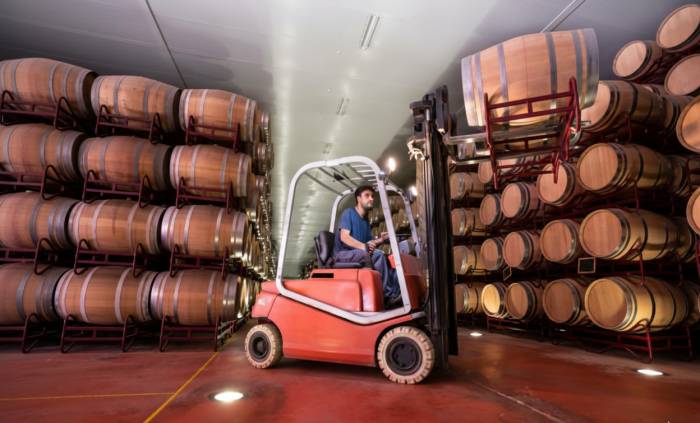EU-Mercosur Trade Pact Poised to Boost European Exports by Over 40% After 25 Years of Negotiations
Wine and agriculture sectors expected to see major gains as deal eliminates tariffs and saves EU firms €4 billion annually
2025-10-17

The trade agreement between the European Union and Mercosur, which was signed in December 2024 after 25 years of negotiations, could increase European exports by 40% by the end of its transition period, according to an official source from the European Commission. The agreement, which still requires final validation, covers trade between the EU and Mercosur countries: Argentina, Brazil, Paraguay, Uruguay, and Bolivia.
Brussels estimates that the impact on European exports could reach more than 40%, with agricultural products seeing an increase of up to 50%. Wine is among the sectors expected to benefit most from this agreement. Major wine-producing countries in the EU, such as France, Italy, Spain, Germany, and Portugal, are likely to see significant gains in their exports to Mercosur markets.
The agreement stipulates that customs barriers will be gradually eliminated. The full liberalization of tariffs is set to take place over a ten-year transition period. However, for products considered more sensitive, this period may extend up to fifteen years. The deal will cover 90% of products traded between the two blocs. For the remaining products, measures such as maximum tariff rates will be introduced.
On the import side, the EU is expected to receive minerals, fuels, wood, vegetable proteins, coffee, and iron from Mercosur countries. The agreement also includes provisions beyond tariff reductions. It prohibits import or export monopolies and sets rules for fair competition.
Despite these potential benefits, some EU member states have expressed concerns about the agreement’s impact on their agricultural sectors. France, Italy, and Poland have been particularly vocal about their reservations. They worry that increased imports from Mercosur could threaten local farmers and producers.
At the time of signing, European Commission President Ursula von der Leyen addressed these concerns by highlighting strong safeguards included in the agreement to protect European farmers’ livelihoods. She also noted that more than 350 EU products would be protected by geographical indications under the deal.
Food safety remains a key issue in the agreement. All food products exported from Mercosur countries to the EU must comply with strict European sanitary and food standards. This means that exporters from South America will need to meet EU requirements before accessing its market.
According to von der Leyen, the agreement is expected to save EU companies around four billion euros per year in export duties. The deal aims not only to boost trade but also to create a more predictable business environment for both regions.
The final validation process for the agreement is ongoing. Once fully implemented, it is expected to reshape trade relations between Europe and South America and provide new opportunities for businesses on both sides of the Atlantic.
Founded in 2007, Vinetur® is a registered trademark of VGSC S.L. with a long history in the wine industry.
VGSC, S.L. with VAT number B70255591 is a spanish company legally registered in the Commercial Register of the city of Santiago de Compostela, with registration number: Bulletin 181, Reference 356049 in Volume 13, Page 107, Section 6, Sheet 45028, Entry 2.
Email: [email protected]
Headquarters and offices located in Vilagarcia de Arousa, Spain.